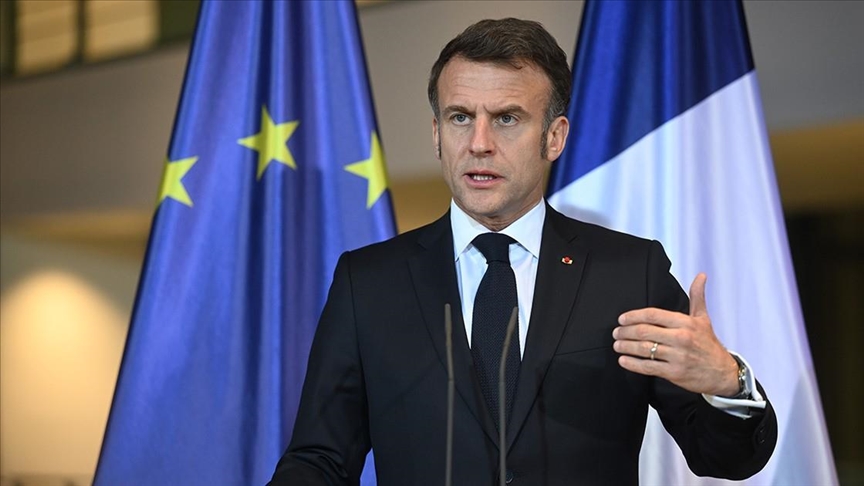Denigration and democratization
It won the war easily, but it was unable to rule Iraq. By favoring certain groups, it put Iraq’s future in jeopardy. However, none of the setbacks to the Greater Middle East Initiative damaged it as much as the things that happened in the Abu Ghraib prison.
The International Committee of Red Cross (ICRC), which is authorized to assess the legal violations that go on in war, reported that mistreatment and torture of Iraqi prisoners were systemic and common, in other words, taking place with the full knowledge of their superiors. International organizations whose main purpose is to look for human rights violations confirm these violations. According to the testimony of those prisoners who were released, the same types of acts are taking place in the Bagram prison in Afghanistan and at Guantanamo Bay, Cuba.
The United States does not apply the standards set out in the third Geneva Convention to these prisoners. In other words, it doesn’t consider suspected terrorists to be "enemy combatants." That’s why prisoners cannot take advantage of many of the rights granted to prisoners of war. The identities of most prisoners are not known. Their rights to a fair trial and defense are restricted.
Most of the Iraqis in Abu Ghraib prison are not insurgents. They were not arrested because they were linked to an attack or crime. They are mostly young people who are perceived as having the potential to become insurgents, and the legal regulation allowing their incarceration is called preventative arrest.
No matter the reason for their arrest, mistreatment and torture are legally described as a "crime against humanity." However, according to photos emerging from the Abu Ghraib prison, these were not torture in the classic sense. In wars, torture is usually used to get information about the other side. In other words, torture, even though it’s vile, has a reason. In Israel, "light physical torture" was included in the law until Supreme Court ruled against it. It is being claimed that the torture of suspects is continuing at a secret base called "Camp 1391."
Four civilians lynched in Fallujah by Sunni insurgents and the decapitation of an American by terrorists linked to al-Qaeda are examples of how far violence can go. The acts committed in Abu Ghraib, described as "softening up" before interrogation, aims to denigrate the Iraqis. Since similar acts are committed outside Iraq, it can be said that such treatment is not directed against only Iraqis or Arabs but against all Muslims.
To describe the way the U.S. media tackled the matter and the intense questioning of Pentagon officials by the U.S. Congress as an example of the supremacy of U.S. democracy would only be half right. How can the legal mechanisms of a country in which the law is supreme wait such a long time before taking a stand on this mistreatment that ruined many lives? How can members of a society that claims it has high moral values perpetrate such acts? The fact that the first report about the abuse was written in January, shows, at the minimum, that U.S. officials turned a blind eye to it.
The truth is that values such as democracy and respect for human rights are insufficient to remove the bad aspects of human behavior. Under certain conditions, these aspects of human behavior come to dominate. No one should be all high and mighty by saying they embody these values.
The United States is especially unfortunate in this respect. A short while after committing itself to spreading its high values to the Islamic world, it was seen that there were many Americans who viewed the Iraqis as subhuman. This behavior reminds us of the photos of lynched African Americans in the second half of the 19th century, who were seen as racially inferior.
It is evident that the Greater Middle East Initiative’s objective to democratize is subconsciously linked to racism, in line with the "clash of civilizations."
There are always some "small" problems when countries are democratized from the outside



